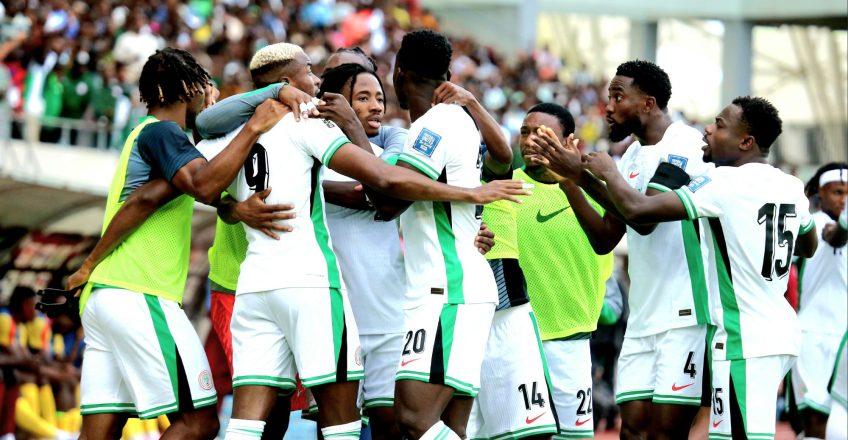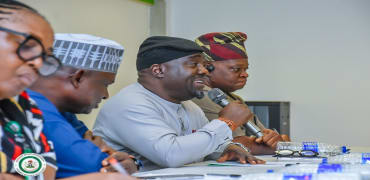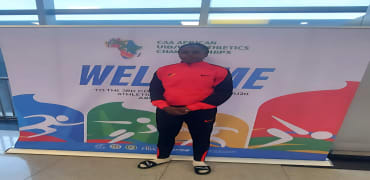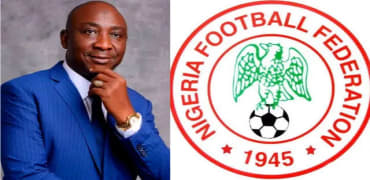Ahead of Crucial World Cup Playoffs: What the Super Eagles’ Journey Means for Nigeria
As the Super Eagles prepare for the upcoming World Cup playoff fixtures, anticipation across Nigeria reaches fever pitch. The team’s performance in these decisive matches will not only determine their participation on football’s grandest stage but also carries broader implications for national pride, unity, and the country’s global sporting image.
The Super Eagles have had a mixed journey in the qualification process. Tactical adjustments by the coaching staff, player injuries, and evolving team dynamics have shaped the current squad. Analysts note that preparation is not just about training on the pitch—it also involves psychological readiness, team cohesion, and strategic planning against specific opponents.
For Nigeria, football is more than a sport; it is a cultural phenomenon. Expectations from fans, media scrutiny, and historical performance weigh heavily on the players and technical staff. Ahead of the playoffs, the Super Eagles face a dual challenge: maintaining their technical edge while managing the immense pressure from millions of hopeful Nigerians. Team selection will be critical. Key players with international experience are expected to lead, but coaches must balance youthful energy with seasoned stability. How the squad adapts to travel, weather conditions, and the tactical strategies of opponents will play a defining role in the outcome. When the whistle blows, every pass, tackle, and goal will carry national significance.
The playoffs will test the Super Eagles’ resilience, coordination, and adaptability under intense pressure. Tactical discipline and execution of set plays could be the difference between qualification and heartbreak. Beyond the pitch, these matches are a unifying moment for Nigeria. Fans across the country will tune in, creating a collective experience that transcends ethnicity, religion, and social divides. The emotional weight of victory or defeat will ripple through households, workplaces, and social media platforms, reflecting the central role of football in the national psyche. Moreover, the playoffs serve as a stage for individual players to enhance their reputations, attract international club attention, and contribute to the broader growth of Nigerian football.
Performance under such high stakes can influence sponsorship deals, domestic league investments, and youth interest in sports development. Success in the playoffs would reaffirm Nigeria’s status as a football powerhouse in Africa and elevate the country’s global profile. Qualification for the World Cup can generate economic benefits through merchandise sales, tourism, and increased media attention. Politically, it offers a rare unifying narrative that brings citizens together, at least temporarily, around a shared sense of achievement.
Conversely, failure could prompt national reflection on football administration, youth development programs, and coaching strategies. It may also intensify debates on talent management, scouting systems, and investment in grassroots football. However, even in defeat, the process of competing at this level provides valuable experience for future campaigns.
The upcoming World Cup playoffs are more than a sporting event for Nigeria they are a test of national pride, a reflection of football’s role in society, and a moment for the Super Eagles to define their legacy. How the team performs before, during, and after these matches will resonate far beyond the stadium, influencing national morale, sporting culture, and Nigeria’s position on the global football stage.


















